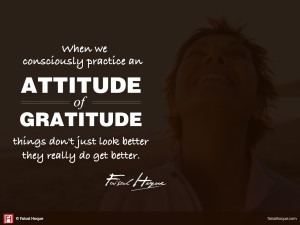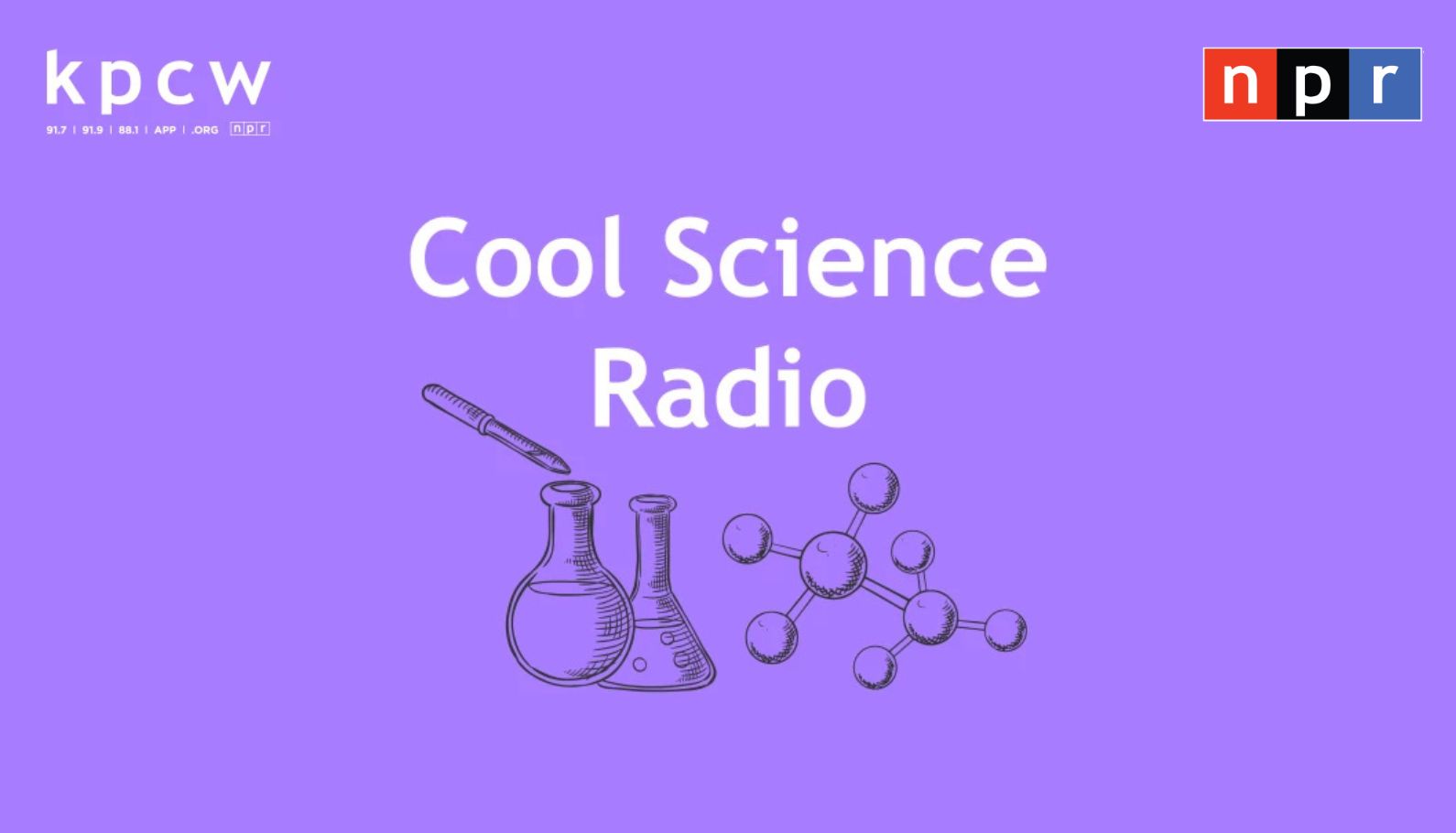
When we consciously practice an attitude of gratitude, things don’t just look better — they really do get better.
BY FAISAL HOQUE
Successful entrepreneurs, authors, and innovators like Oprah Winfrey, Richard Branson, John Paul DeJoria, Tim Ferriss, and others all have one thing in common.
To achieve more, to be happy, and to make a difference, they consciously practice gratitude.
John Paul DeJoria writes in a post,
“For the most part, I can’t tell you how important it is to take those first five minutes [of the day] and be thankful for life.”
I couldn’t agree more. The practice of gratitude often makes the difference between success and failure. I know this well from my own journey.
Whether we like it or not, our lives are greatly dependent on external forces. No matter how self-motivated and driven we may be, a mix of luck, friends, colleagues, family, a higher power, or even total strangers is constantly influencing our daily lives.
Gratitude is defined as the quality of being thankful; readiness to show appreciation for and to return kindness. It stems from acknowledging what we have and the opportunity that lies ahead of us.
And when we are thankful for even the smallest moments, life tends to send more rewards our way. The act of gratefulness is not just a one-way message to the world. Gratefulness rebounds in all sorts of directions and often opens new doors. As someone once said, “gratitude is the open door to abundance.”
Let’s explore why and how gratitude changes our lives.
Gratitude powers our present.
It is a great feeling that, at this very moment in time, you have “enough.” Living in the present allows us to maximize returns out of every opportunity, and when we stop agonizing over the past and fretting about the future, we are able to make the blessings of our present count.
“This a wonderful day. I’ve never seen this one before.”
— Maya Angelou
When we appreciate the present, everything somehow seems that little bit brighter. There is nothing like living a life of curiosity.
Try it. Right now, stop and think about something that is making this very moment worth living. Gratefulness is the fuel to our inner energy.
Gratitude makes us happy.
Have you ever met an unhappy person who is grateful for their life or a happy person who isn’t grateful?
“Happiness cannot be traveled to, owned, earned, worn or consumed. Happiness is the spiritual experience of living every minute with love, grace and gratitude.”
— Denis Waitley
Gratitude and optimism go hand in hand. It simultaneously sidelines negative feelings, such as envy, greed, and self-pity.
By realising all the ways in which we are benefiting from the world we live in, our sense of self-worth increases.
Dr. Robert Emmons, in his book “Thanks!: How the New Science of Gratitude Can Make You Happier” shows that gratitude can increase happiness levels by 25%. His conclusion is based on research involving thousands of people around the world.
Gratitude brings people closer.
Showing our appreciation for others helps us to win friends and influence people. Being grateful to others makes them feel like their actions are more meaningful, and we all have a basic need to feel appreciated.
“When eating bamboo sprouts, remember the man who planted them.”
— Chinese Proverb
Grateful people are more giving, less selfish, and make great companions. They are adept at empathizing with others. They are generous with people; they put the good of the collective first.
And that brings people closer.
In a world where everyone is beating his or her own drum, there is nothing more impressive than someone saying, “I couldn’t have done it on my own.”
Gratitude becomes a currency, and people flock to our side because we are happy to acknowledge their efforts.
Gratitude makes us healthier.
An attitude of gratitude has been scientifically proven to improve both psychological and physical health. Much of these health benefits boil down to our behaviours and beliefs.
Grateful people are less likely to compare themselves with others, they are happier with their “lot” in life. They are more resilient when life deals them a tough hand. They may have the same number of stressful situations as other people, but it is how they deal with these situations that makes the difference.
“Take full account of the excellences which you possess, and in gratitude remember how you would hanker after them, if you had them not.”
— Marcus Aurelius
Grateful people are more likely to take care of their physical health. They sleep better and, according to WebMD, they even recover from illness faster. When we are grateful for what we have, it makes us want to take care of it that little bit more.
Gratitude improves our brain.
 Dr. Emiliana Simon-Thomas is the science director of the Greater Good Science Center. In an interview with Medical Daily, Simon-Thomas said, “In studies, after eight weeks of practice, brain scans of individuals who practice gratitude have stronger brain structure for social cognition and empathy, as well as the part of the brain that processes reward.”
Dr. Emiliana Simon-Thomas is the science director of the Greater Good Science Center. In an interview with Medical Daily, Simon-Thomas said, “In studies, after eight weeks of practice, brain scans of individuals who practice gratitude have stronger brain structure for social cognition and empathy, as well as the part of the brain that processes reward.”
A number of brain-imaging studies have discovered that the brain’s “reward center” lights up when we feel grateful. This is the same neural circuit that underlies primal drives like feeding and mating.
When we consciously practice an attitude of gratitude, things don’t just look better — they really do get better.
[Photo by Daniel Mingook Kim on Unsplash]
Copyright (c) 2015 by Faisal Hoque. All rights reserved.
Original article @BusinessInsider.















